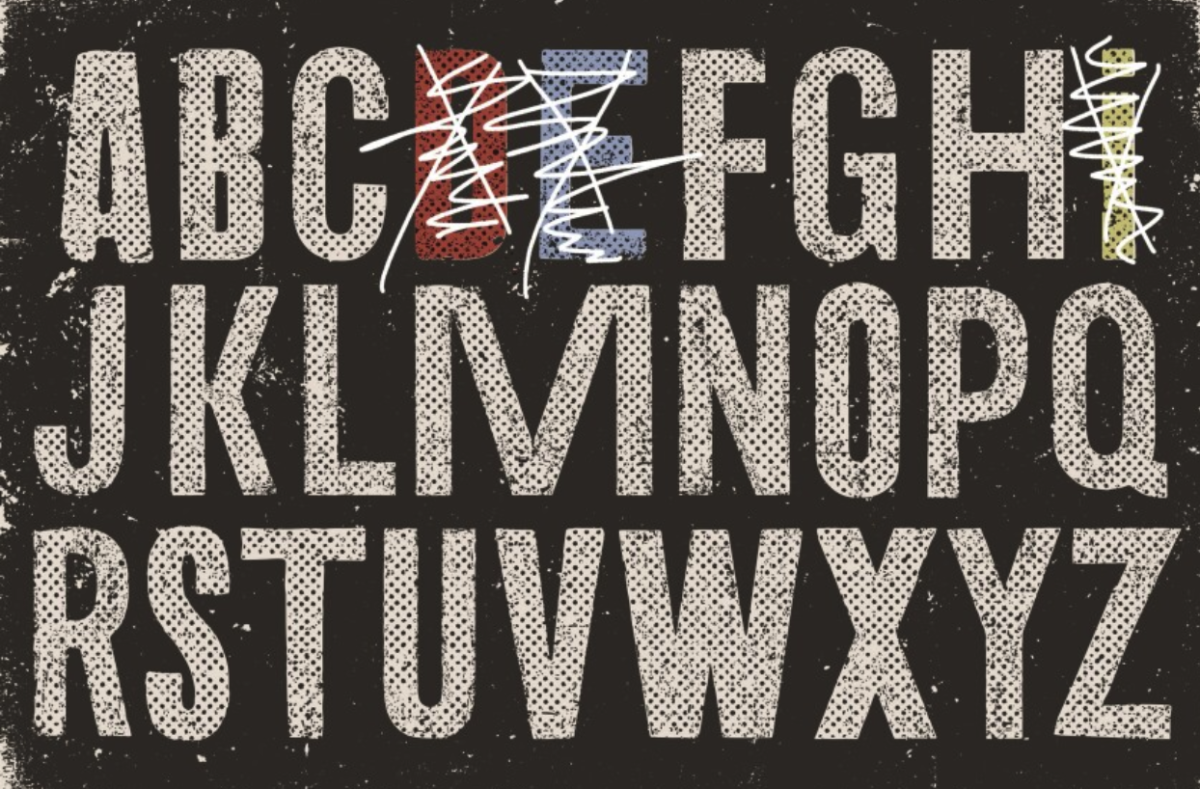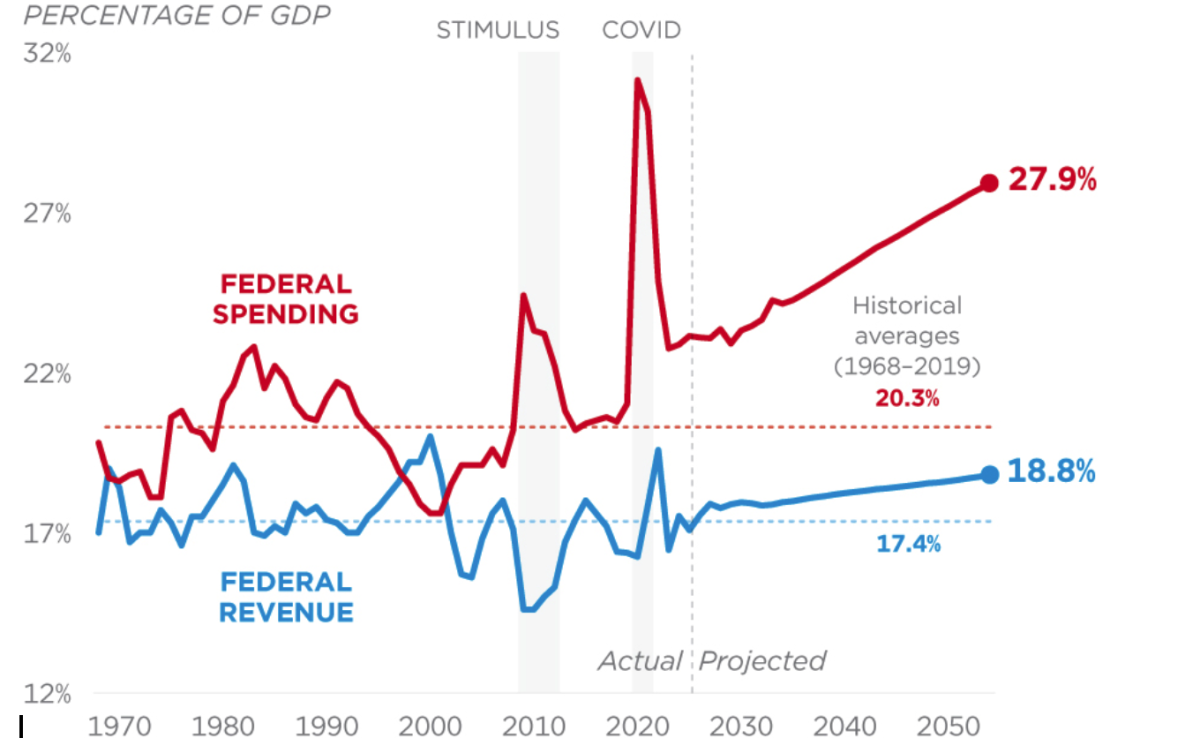The PSAT determines whether a junior will be a National Merit Scholar, a coveted title that impresses on college applications and pays for a portion of college tuition. Last year, over 30 Westminster students made the cut-off for the National Merit Scholarship and for many current juniors, the National Merit Scholarship is an important piece of their plan to pay for college. Although the “P” in PSAT stands for “practice,” for many students it is anything but that.
Juniors are not the only ones stressed about the PSAT. For most underclassmen the PSAT serves only as practice, but for potential athletic recruits the PSAT can be essential.
William Hudson, a sophomore with hopes to get a lacrosse scholarship, the PSAT is anything but a practice test.
“Since recruiting becomes most serious the beginning of junior year, my sophomore PSAT is the only score that coaches will have when making their decisions about me,” said Hudson. “I met with a tutor every week and did practice tests so that I could improve the way that I took actual tests.”
Just like Hudson, many students have either been tutored or attended a prep class to maximize their standardized test scores. One student who was interviewed saw an SAT tutor for three years leading up to his junior year. While this may seem like good preparation, it actually undermines the original intent of the SAT and standardized testing in general.
The SAT has two professed goals: eliminate test bias between people of different socioeconomic backgrounds and provide a good gauge of college preparedness. English teacher and SAT tutor Gavin Drummond posits that standardized tests do little to eliminate test bias between social classes.
“The reality is that if you can get good help then you’re going to do better,” said Drummond. “Having the ability to pay for a course puts you in a better position.”
Another English teacher and SAT tutor, Frank Finsthwait, believes that standardized tests do not serve as good long-term indicators of academic success in college.
“All the evidence says that standardized test scores and your GPA will have a strong correlation for the first four months of your college career,” said Finsthwait. “After that, the correlation dissolves.”
During his 25 years as an SAT tutor, Finsthwait has seen many changes to the SAT. Analogies and antonyms have been eliminated and the “A” in SAT has gone from standing for “aptitude” to “assessment” to, surprisingly, nothing at all. Despite these predominantly aesthetic changes to the test, Finsthwait maintains that the test still isn’t a good determinant of future success.
“There are so many attributes that go into success,” said Finsthwait. “The SAT just can’t measure those. Those factors are what lead to success, not a good SAT score.”
Drummond holds a similar view.
“Ultimately, the only thing that the SAT is a good indicator of is how well you know how to take the SAT,” said Drummond. “I had plenty of friends at Cambridge who I don’t think would have done well on a test like the SAT because they weren’t clever in the way that the SAT tests it; they had a different kind of intelligence.”
Some students share this ambivalent attitude about the value of the SAT. Junior Michael He thinks that standardized tests such as the SAT have limited practical function.
“The SAT causes too much stress at Westminster,” said He, “and is likely not an entirely accurate assessment of college preparedness.”
Although some may doubt the value of the SAT, few will doubt its ubiquity or permanence. Students are resigned to the fact that they will have to take standardized tests, often more than once.
“Until schools can figure out a better universal way of assessing intelligence,” said Drummond, “the SAT will be a reality of the American education system.”





